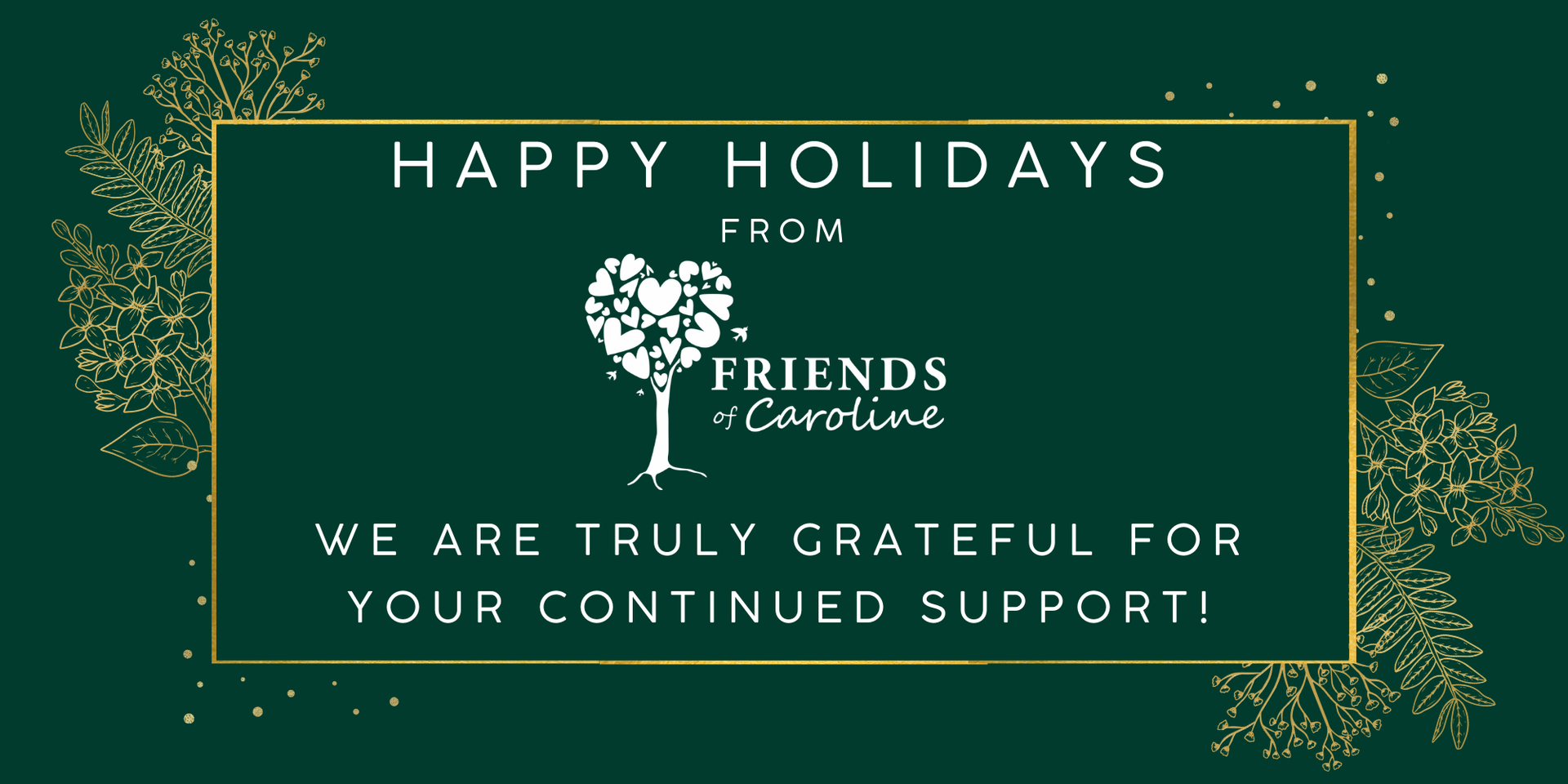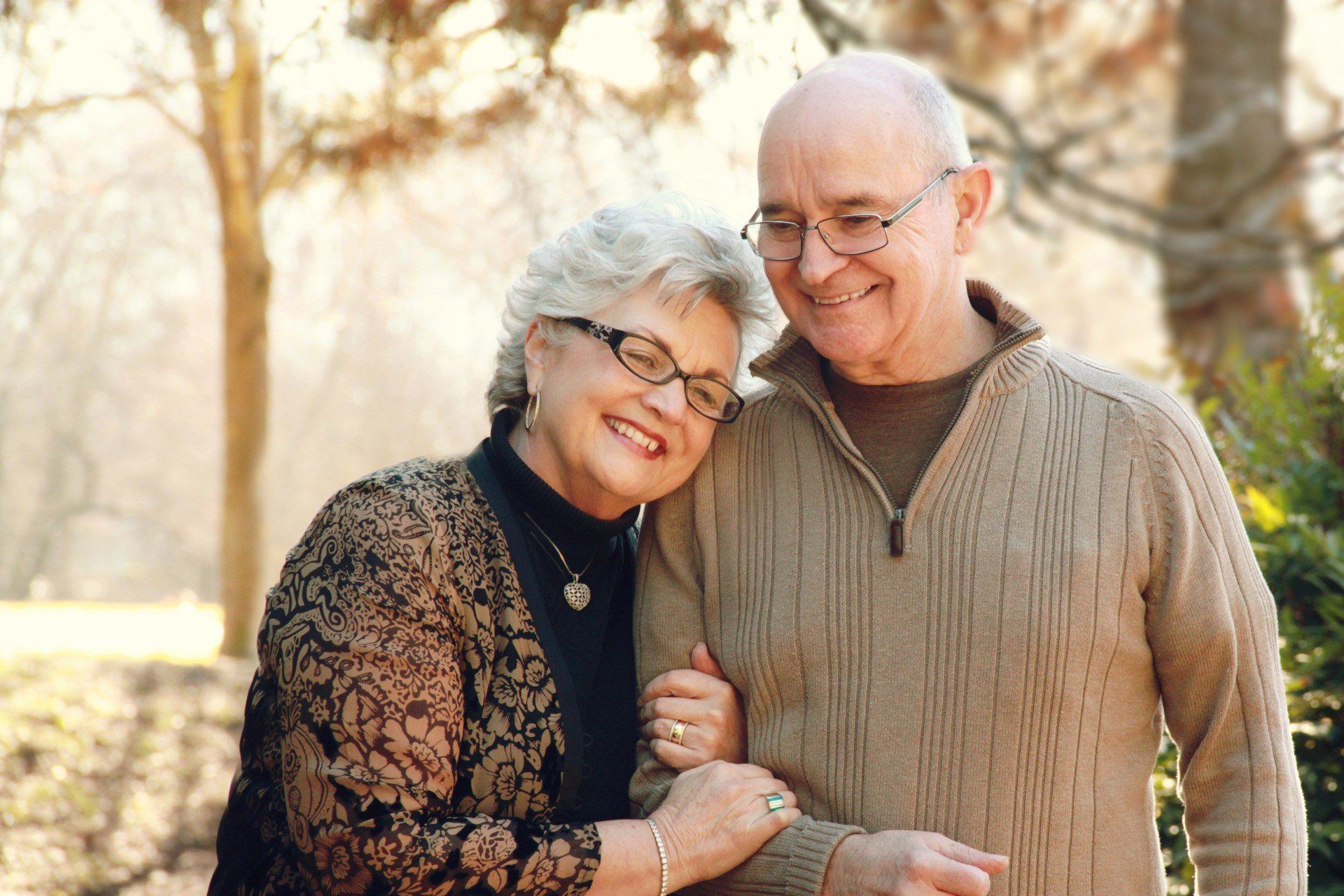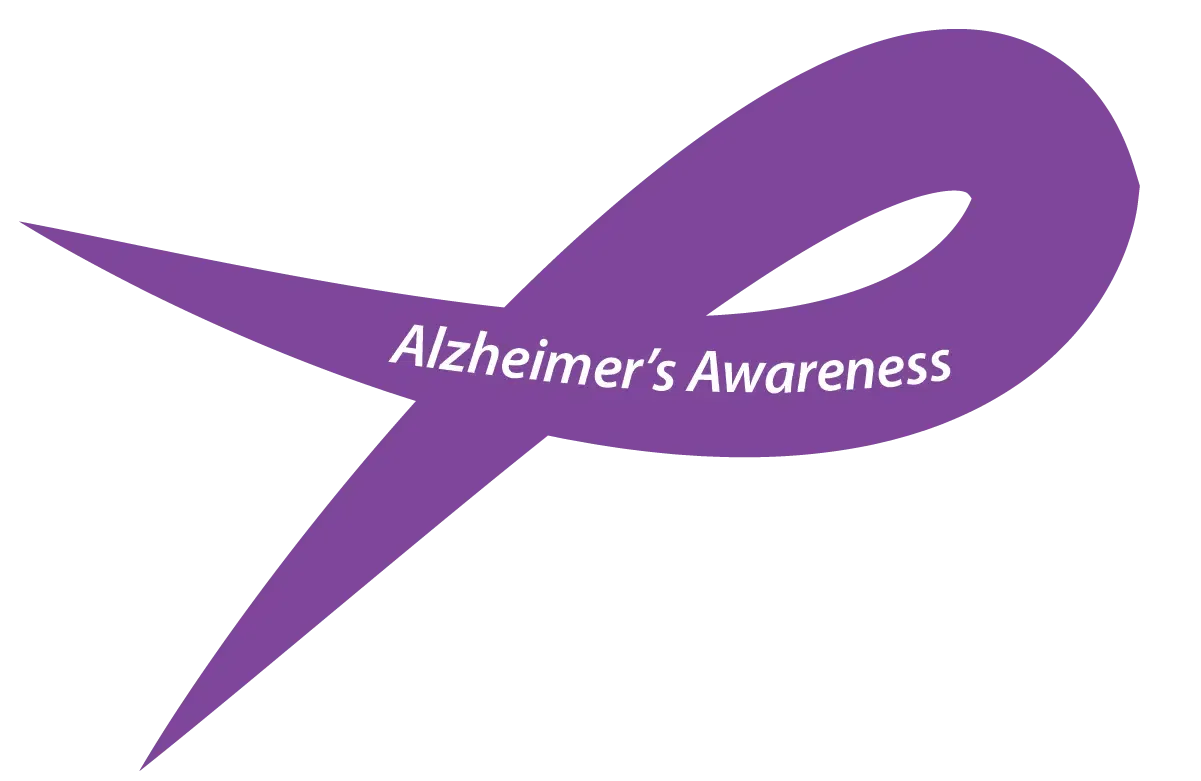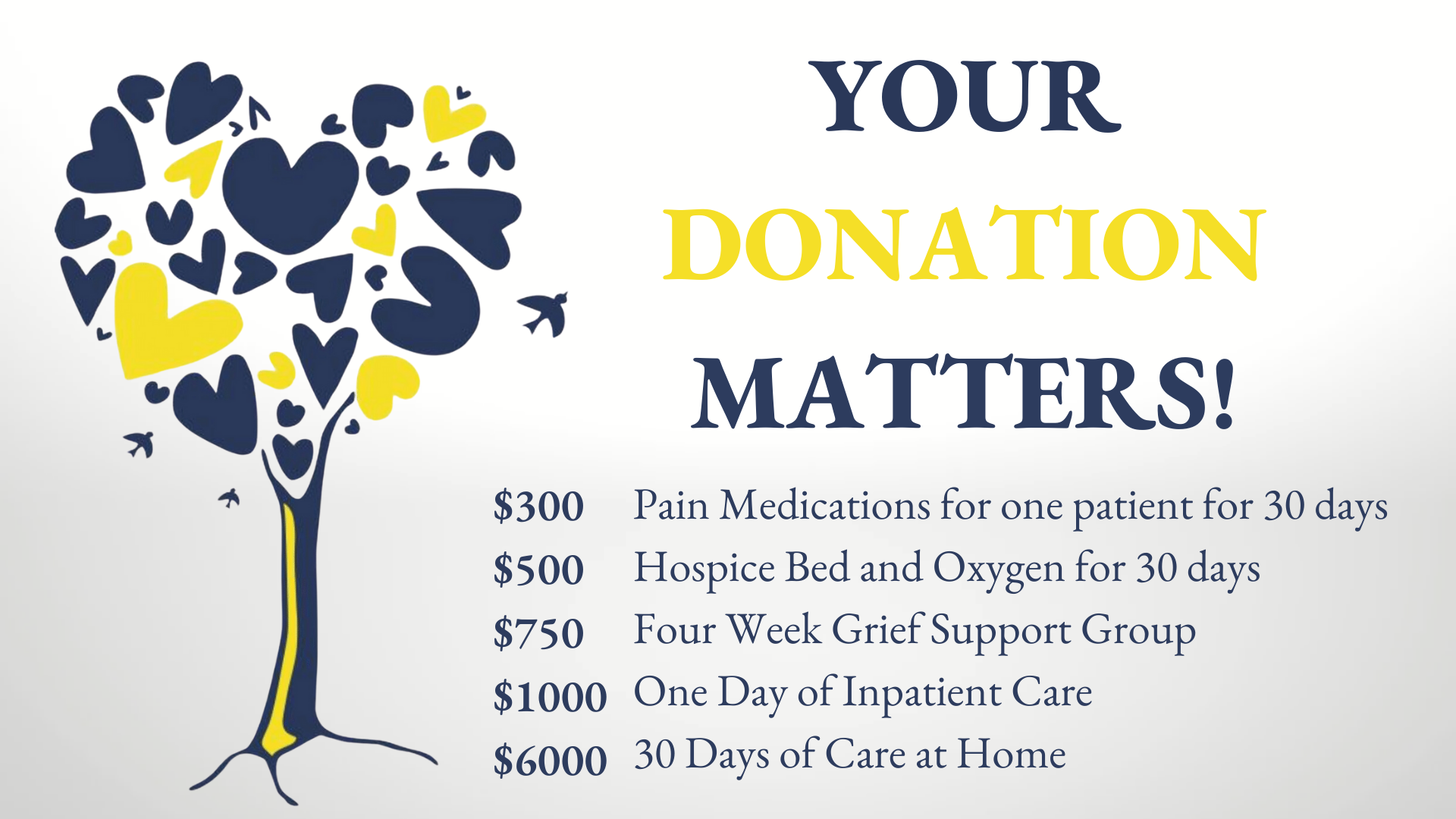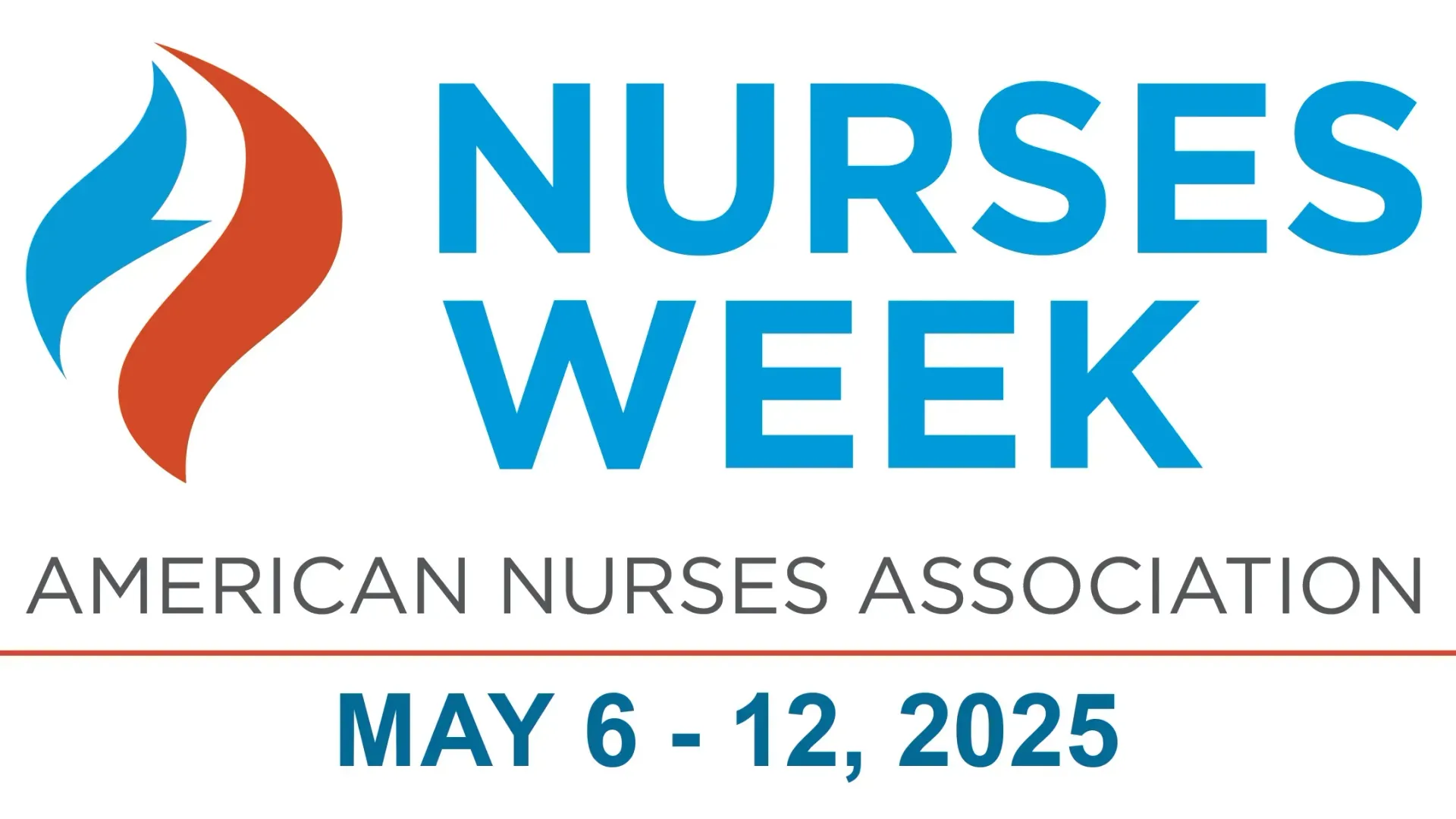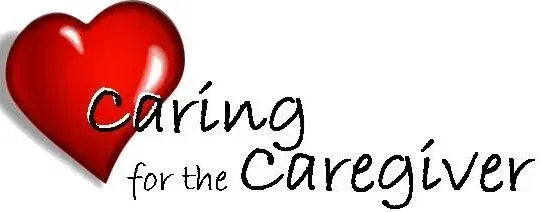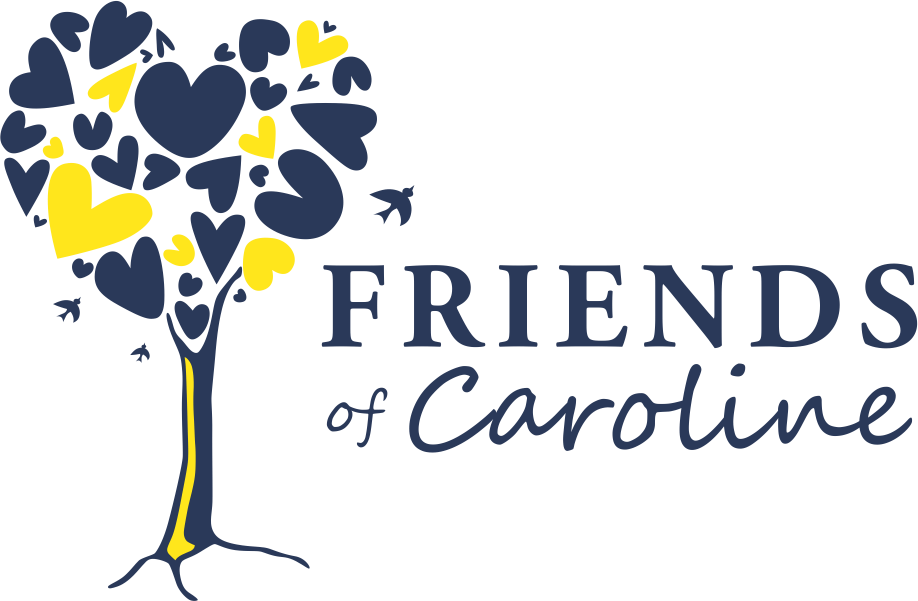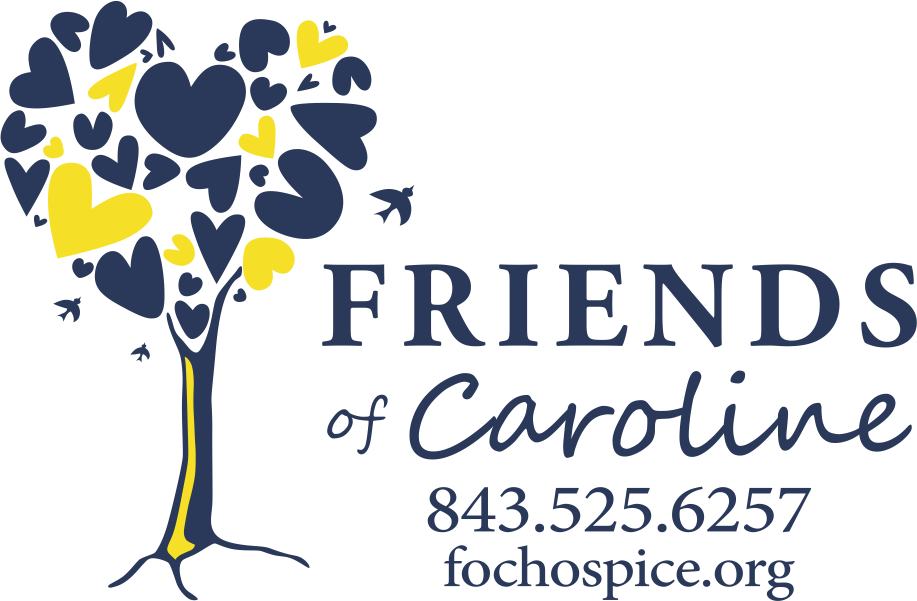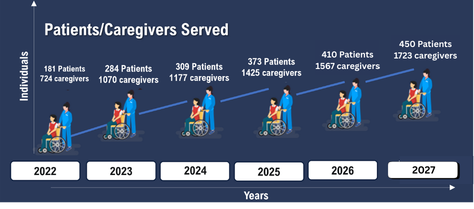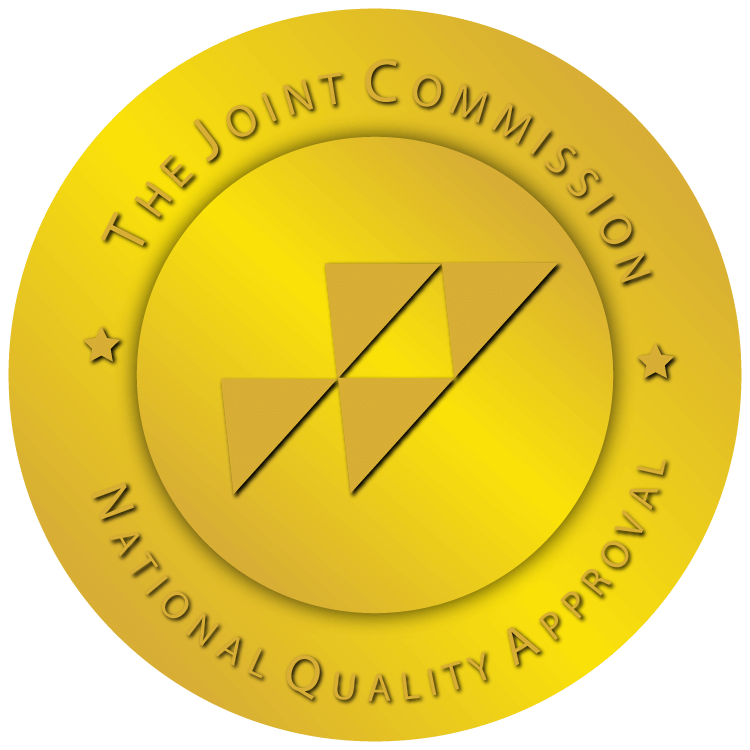What it's like to be a Hospice CNA
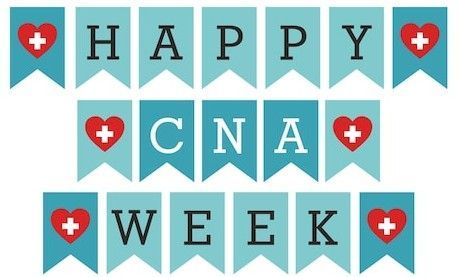
One of my favorite quotes is from the great Dr. Martin Luther King Jr.: "If you can't fly, then run. If you can't run, then walk. If you can't walk, then crawl. But whatever you do, keep moving forward."
My name is Shoranda Clark, and this powerful quote has helped me get through some difficult moments in my career. I've been a hospice-certified nursing assistant for 29 years—21 years actively working as a CNA and eight years in an administrative role, all with Friends of Caroline. You might be wondering how someone can stay in this field for so long. In the beginning, besides a lot of crying and prayer, I came to recognize that this work is my calling. Some may find it depressing, but I find it deeply rewarding.
It was especially challenging at the start of my career, particularly after losing my first patient. But over time, I realized that my patients were giving me something as meaningful as the care I gave them. Working with terminally ill patients helped put some perspective in my life because they shared their regrets and the things they wished they had done differently; Hearing their stories helped me appreciate my own life so much more. I would go home and hug my loved ones, telling them how much I love and appreciate them. Through this work, I became a better mom and wife. I've learned to live life with no regrets, and I'm truly grateful for each day God gives me.
It is a blessing to be chosen to provide physical and emotional care to someone at the end of life. I once had a patient who refused to let her family bathe her. Several of my fellow CNAs tried, but she still declined. She went almost two months without bathing. When it was my turn to visit her, we simply talked. I learned that Yahtzee was her favorite game. So, I made a deal with her: after her bed bath, we'd play a game of Yahtzee. She agreed. That became our morning ritual—a bed bath, a cup of cappuccino, and a game of Yahtzee. Week after week, we had so much fun. As her health declined and she could no longer roll the dice, I rolled them for her. We kept playing because it brought her joy. We continued this routine until her last week. I truly believe this small gesture brought light into her life. She looked forward to it, and I'm grateful I could help comfort her and her family.
Not every case is like that one. Sometimes, the dying process is difficult to witness, so knowing when to take time for yourself is important. Having a healthy work-life balance is essential. Over the years, I've worked with some amazing CNAs who are passionate about their work. One of my fellow CNAs once volunteered to help a patient pull weeds from her garden—not part of her job, but she did it because the patient loved her garden. When you love what you do, it's easy to provide compassionate, hands-on care and emotional support, all while enhancing a patient's quality of life.
I could tell you countless stories about how extraordinary hospice CNAs are. But great patient care takes more than just individual effort—it takes a team. Our team includes a skilled medical director, nurse practitioners, nurses, a social worker, a chaplain, and volunteers. CNAs often spend the most time with the patient, and we work closely with nurses to act as a bridge between patients, families, and the care team, ensuring everyone is aligned on the patient's needs.
It's heartwarming when someone stops to thank you after learning you work in hospice. Some may view our work as sad or depressing, but I see it differently. I believe it's an honor to help someone cross over with dignity. In 29 years, I've learned so much through each case, and I often share those lessons with my fellow CNAs. If I had the chance to change anything about my career, I wouldn't. Serving our community has been both an honor and a privilege, and I look forward to the next chapter with our amazing team at Friends of Caroline.
